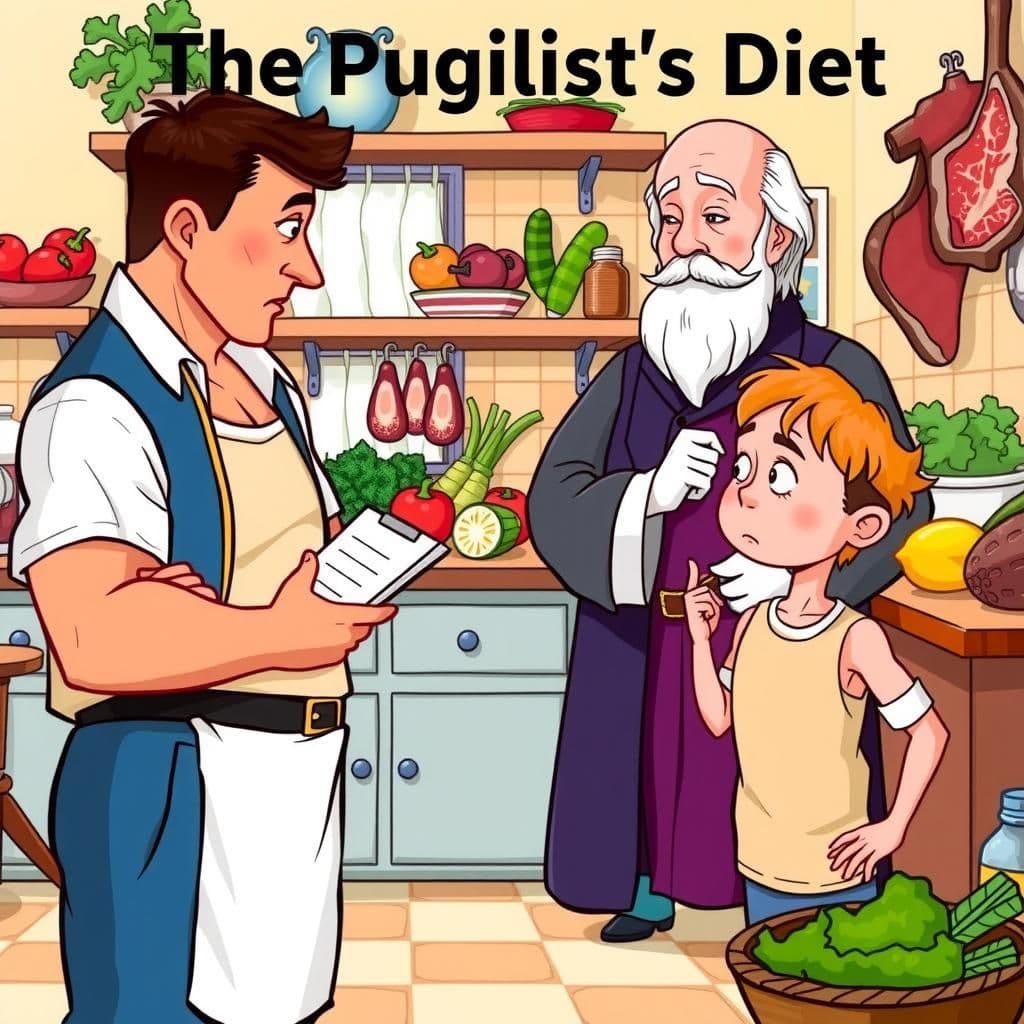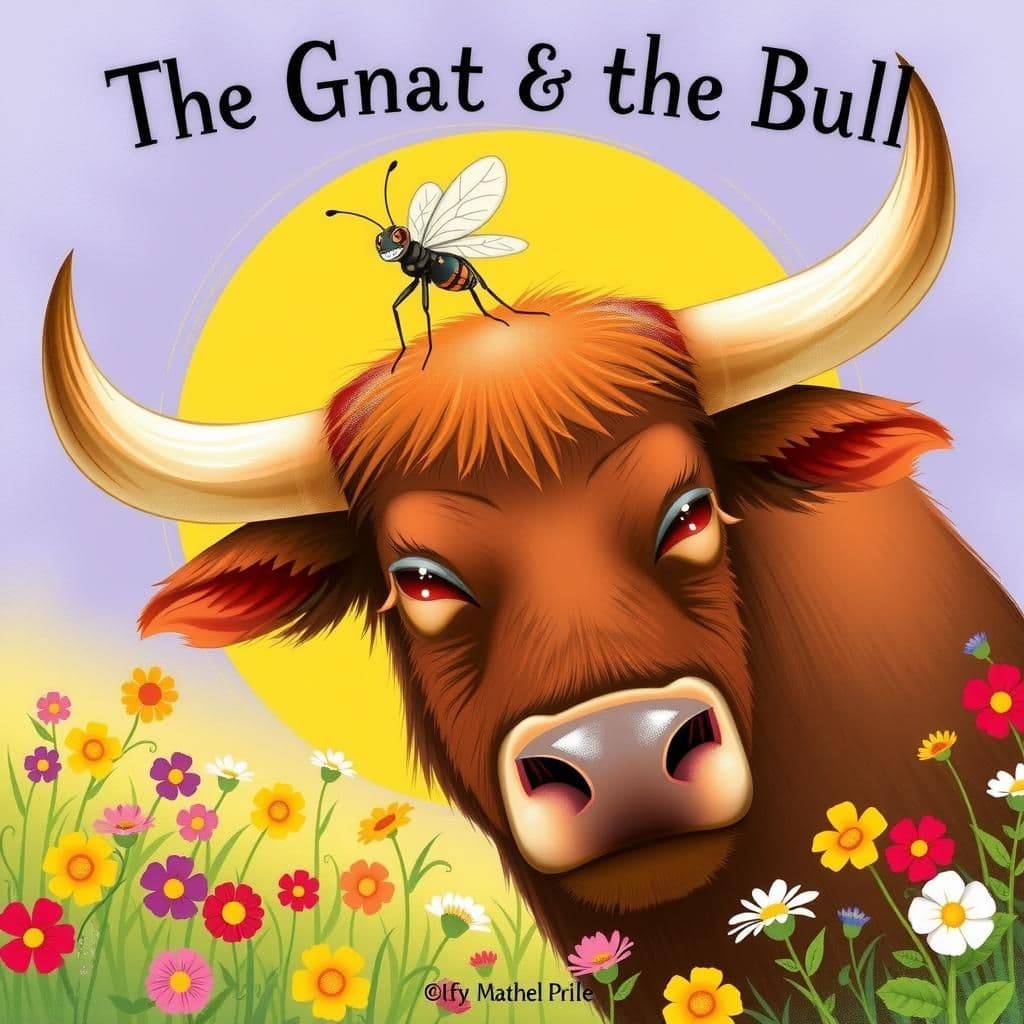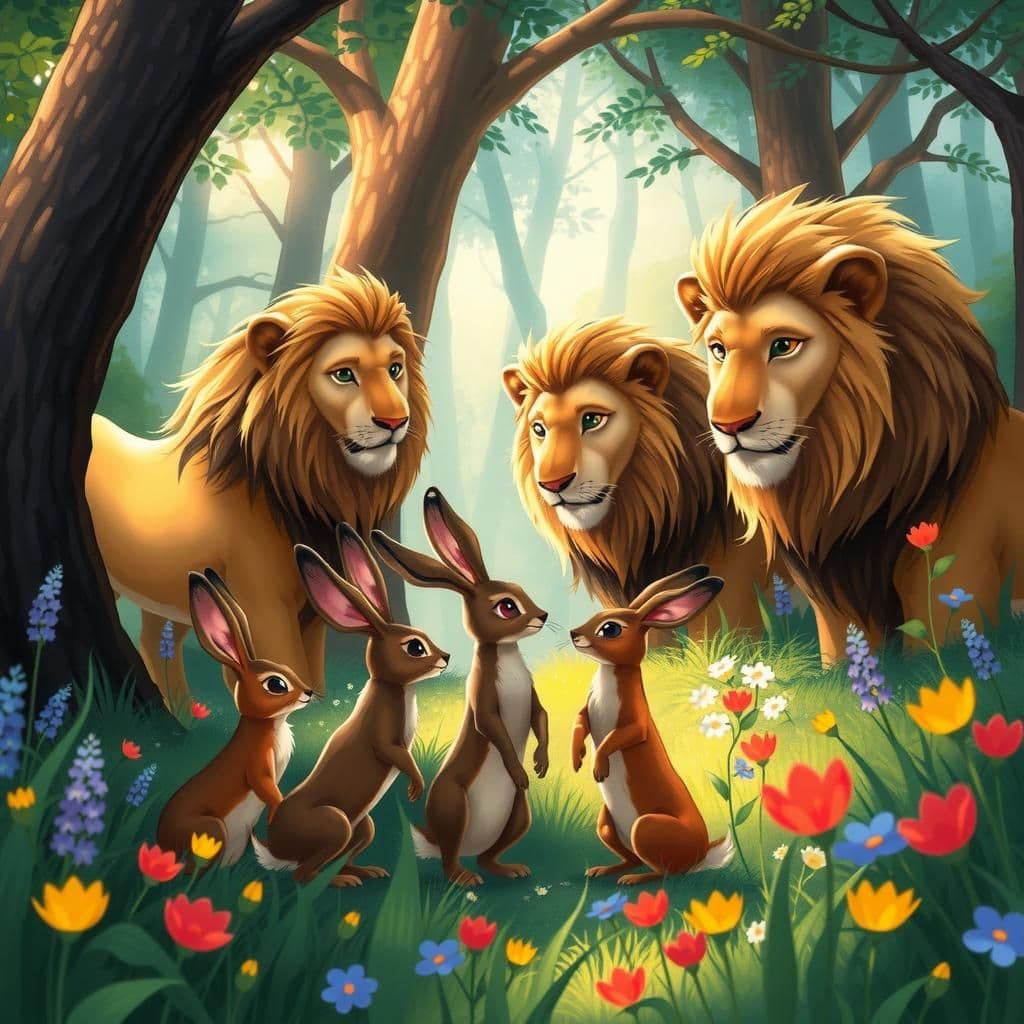The Pugilist's Diet

Story Summary
In "The Pugilist's Diet," a trainer seeks advice from a physician about a champion pugilist's diet, leading to a humorous exchange about the benefits of tougher cuts of meat. The physician suggests that while tender beef-steaks are more digestible, the tougher neck meat provides essential exercise for the fighter's chin, illustrating a valuable lesson in prioritizing strength over comfort. This uplifting moral story combines humor and wisdom, making it an educational read for young readers interested in folklore and moral tales.
Click to reveal the moral of the story
The moral of the story is that sometimes, tougher challenges are necessary for growth and strength.
Historical Context
This story draws from the rich tradition of fables and anecdotes found in ancient Greek literature, particularly those attributed to figures like Aesop, who often used animals and everyday situations to convey moral lessons. The dialogue between the Trainer and the Physician reflects the ancient Greek emphasis on physical fitness and the interplay between body and intellect, which was significant in their culture, especially in the context of athletic competitions like the Olympics. This particular anecdote also echoes the humor and wit found in later retellings by writers such as La Fontaine, who adapted these themes into his own fables.
Our Editors Opinion
This story highlights the importance of resilience and challenge in personal growth, suggesting that while comfort may be more appealing, it is often the difficult experiences that strengthen us. In modern life, a scenario reflecting this moral could be a student opting for easier courses to maintain a high GPA, but ultimately realizing that tackling more challenging subjects—though stressful—will better prepare them for real-world challenges and foster critical thinking skills.
You May Also Like

The Gnat and the Bull
In "The Gnat and the Bull," a gnat perches on a bull's horn, feeling significant and inquires if the bull would miss him upon his departure. The bull, unaware of the gnat's presence, replies that he wouldn't even notice, illustrating a thought-provoking moral about how some individuals overestimate their importance to others. This engaging moral tale serves as a reminder that, in the grand scheme of things, our perceived significance may not match reality, making it a valuable addition to childhood stories with moral lessons.

The Hares and the Lions
In "The Hares and the Lions," a simple short story with moral undertones, the Hares passionately advocate for equality among all animals during a gathering. However, the Lions counter their argument by highlighting the practical challenges of true equality, given the Hares' lack of physical strength and defenses. This culturally significant moral story prompts readers to reflect on the complexities of equality in a world where power dynamics exist.

The Mouse and the Bull
In this creative moral story, a Bull, enraged after being bitten by a Mouse, attempts to capture the tiny creature but ultimately fails, ending up perplexed and exhausted outside the Mouse's hole. Seizing the moment, the Mouse nibbles the Bull again, demonstrating that in animal stories with moral lessons, the small can indeed inflict harm on the seemingly mighty. This tale illustrates that strength does not always guarantee success, a valuable lesson for childhood stories with moral teachings.
Other names for this story
"Fighter's Fuel, Champion's Chow, Boxer’s Bites, Knockout Nutrition, The Fighter's Feast, Pugilist Plate, Warrior's Diet, Strength and Steaks"
Did You Know?
This story humorously highlights the balance between nutrition and physical conditioning, emphasizing the importance of not just what an athlete eats, but how it contributes to their specific training needs and skills. The playful dialogue showcases the sometimes absurd lengths to which trainers and physicians might go to optimize an athlete's performance.
Subscribe to Daily Stories
Get a new moral story in your inbox every day.